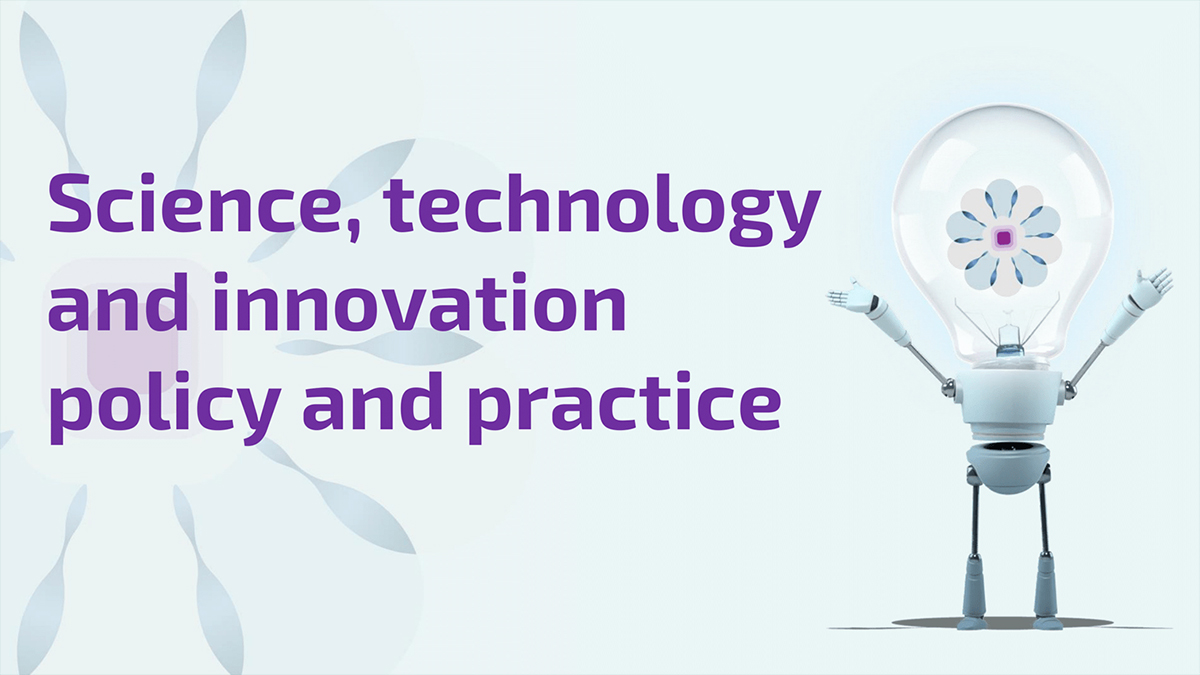This course is part of the UNCTAD STI Policy Learning Programme which provides training for mid- to senior-level policy makers, analyst and experts, and key STI national stakeholders in academia, industry and civil society.
Objectives
Increase knowledge on science, technology, and innovation (STI) policy and its concepts.
Enhance STI experts’ capacity to understand, formulate and revise STI policy, and apply STI policy concepts.
Target Participants
Management, executives and policy experts and analysts working in government and public agencies directly engaged in STI policy work.
STI stakeholders in other government and public organizations, including civil society representatives, concerned with exercising the potential of STI for sustainable development.
Private sector and their organizations, including firms and sector organizations, which are beneficiaries of STI policy.
Academia and researchers concerned with issues in the STI policy domain.
Structure and methodology
The course is delivered in 20 lessons. Each lesson consists of five to fifteen elements. An element can be a video or a quiz, or an assignment. A lesson should take less than an hour to complete unless there is a specific assignment involved.
Quizzes serve to reinforce knowledge and insight, but not to evaluate participants. Some assignments will be a course completion requirement.
Duration
4-week e-learning course, 20 active hours will be needed for course completion
4 follow-up webinars to be scheduled at the start of the course. The webinars will serve as Q&A sessions for responding to technical issues and for substantive clarifications, including the review of course assignments and case studies.
Lessons
- What is innovation?
- The innovator and entrepreneur
- What is STI Policy and why do we need it?
- Innovation: risk or uncertainty?
- Innovation challenges in developing countries
- Challenges for STI policy implementation
- STI policy and sustainable development
- Innovation, entrepreneurship and supportive policies
- Financing innovation
- Stimulating demand for innovation
- Creative destruction, disruptive innovation and the role of change
- Linear innovation and innovation systems
- Evolution of national systems of innovation
- NSI: challenges and opportunities
- Introduction to technology transfer
- Technology gaps and technology divergence
- Technology transfer case study exercise
- Channels of technology transfer
- Absorptive capacities for technology transfer
- IPRs and technology transfer

